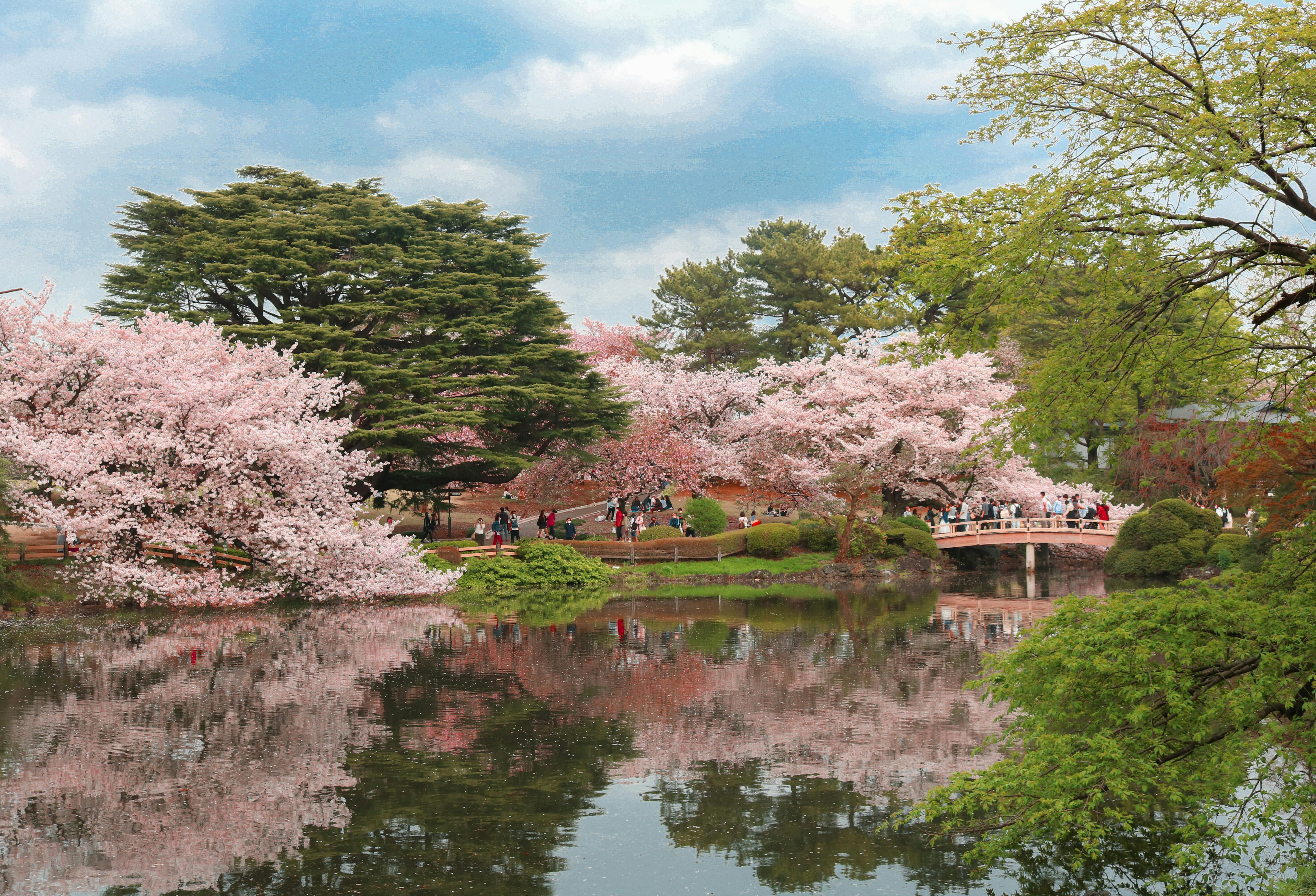Discovering the Health Potential of Shinrin-Yoku: An Ancient Practice in a Modern World
Have you heard of Shinrin-Yoku yet? It's an ancient Japanese practice that's gaining recognition for its remarkable health benefits. Also known as Forest Bathing, this practice could be a game-changer for modern wellness. Let's delve into the history, science, and practical implementation of Shinrin-Yoku.

The Origins and Development of Shinrin-Yoku
Shinrin-Yoku, meaning ‘forest bathing,’ originated in Japan during the 1980s and is rooted in the Japanese reverence for nature. It involves immersing oneself in the forest environment, harnessing the sensory experience to enhance health and well-being.
Over the decades, interest in Shinrin-Yoku has taken root in western societies, where studies now validate its therapeutic potential. The practice has also evolved, encompassing various methods such as mindful walks, deep breathing exercises, and even forest meditation.
The Science of Shinrin-Yoku
Scientific research into Shinrin-Yoku has revealed fascinating insights into its health benefits. Exposure to forests has been shown to boost immune function, reduce stress, improve mood, and enhance cognitive abilities.
These effects are attributed to the natural compounds called Phytoncides released by trees. When inhaled, these organic compounds can stimulate our immune system and promote relaxation.
The Practice of Forest Bathing
There’s no right or wrong way to practice Shinrin-Yoku. It’s about immersing oneself in the forest, engaging all five senses, and connecting with nature. This could include leisurely forest walks, sitting quietly among trees, or even meditating.
While the process is simple, the benefits can be profound. Regular practitioners report improved mental clarity, reduced anxiety, and an enhanced sense of well-being.
The Global Appeal of Shinrin-Yoku
Today, Shinrin-Yoku is practiced worldwide, with forest therapy guides and programs available across several countries. Its global popularity is testament to its accessibility and effectiveness, transcending cultural and geographical boundaries.
Fascinating Facts and Health Tips
- Phytoncides, the active compounds in Shinrin-Yoku, have antimicrobial properties, potentially offering natural protection against disease.
- Shinrin-Yoku can be practiced in any season. Each season offers a unique sensory experience and potential health benefits.
- Even if you don’t live near a forest, you can still practice Shinrin-Yoku in a local park or green space. The key is to connect with nature and immerse your senses.
Conclusion
The ancient practice of Shinrin-Yoku offers a refreshing perspective on health and well-being. Its benefits, backed by science, make it a promising wellness strategy for our fast-paced modern world. Whether you’re seeking stress relief, improved immunity, or mental clarity, this practice could provide a natural and accessible solution. So why not step into the forest and embrace the health potential of Shinrin-Yoku?



